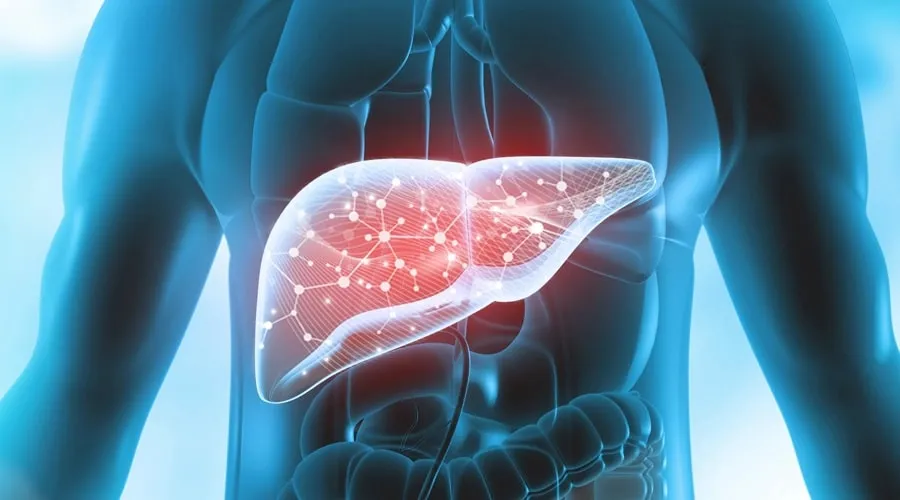Fatty liver disease is becoming a hidden health crisis among older people. This isn’t just about lifestyle choices – it’s more complex than that.
It’s an issue where fat builds up too much in the liver, and we need to pay attention to it, especially for those living in senior communities. As these folks enjoy their golden years, knowing how fatty liver can affect them becomes key for keeping healthy.
Understanding Fatty Liver Disease in the Elderly
Fatty liver disease, primarily of two types – alcoholic and non-alcoholic fatty liver disease (NAFLD) – is increasingly prevalent in the elderly. Both are common in older adults. It’s when more than 5% of your liver turns into fat, usually due to obesity or insulin resistance for NAFLD cases.
However, if you drink lots of alcohol, it could lead to an alcoholic fatty liver disease instead. Age also makes our livers not as good at handling fats, which puts seniors at a higher risk, too! Understanding what causes this condition is key to preventing and managing it.
Symptoms and Diagnosis
Fatty liver can slip under the radar in older adults because it doesn’t have clear symptoms early on. You might feel tired, lose weight, or sense a dull pain near your right rib cage, but these signs aren’t specific and could be due to aging itself, which makes diagnosis tricky.
Doctors use tests like ultrasound or CT scans, even liver biopsies, to catch fatty liver disease. Catching this condition soon is so important because if you don’t, it could turn into some serious stuff like cirrhosis or even liver cancer.
Treatment and Management
There’s no magic pill to cure fatty liver disease. The best approach is to change your lifestyle! For older folks, that means eating well, staying active, and keeping weight in check. In cases of alcoholic fatty liver disease, abstaining from alcohol is essential.
Regular doctor visits are also necessary for tracking how your liver is doing. Also, if you’re dealing with things like diabetes or obesity, managing those effectively can really help slow down fatty liver diseases.
Prevention Strategies
Stopping fatty liver disease in older folks isn’t a one-size-fits-all deal. Regular exercise, keeping the weight off, and eating right are key moves to make. Monitoring alcohol consumption is crucial, especially for those with a history of alcohol abuse.
If you’re battling obesity or diabetes or have cholesterol problems, get your liver health checked regularly for early detection of any issues with it. Remember, knowledge is power! Educating seniors about caring for their livers can help beat this silent health problem.
Conclusion
To wrap it up, fatty liver disease can be a big deal for older folks. But knowing about it early on and making lifestyle adjustments can help manage and even prevent this sneaky health issue. It’s crucial that doctors and seniors stay alert to keep their golden years truly golden!


